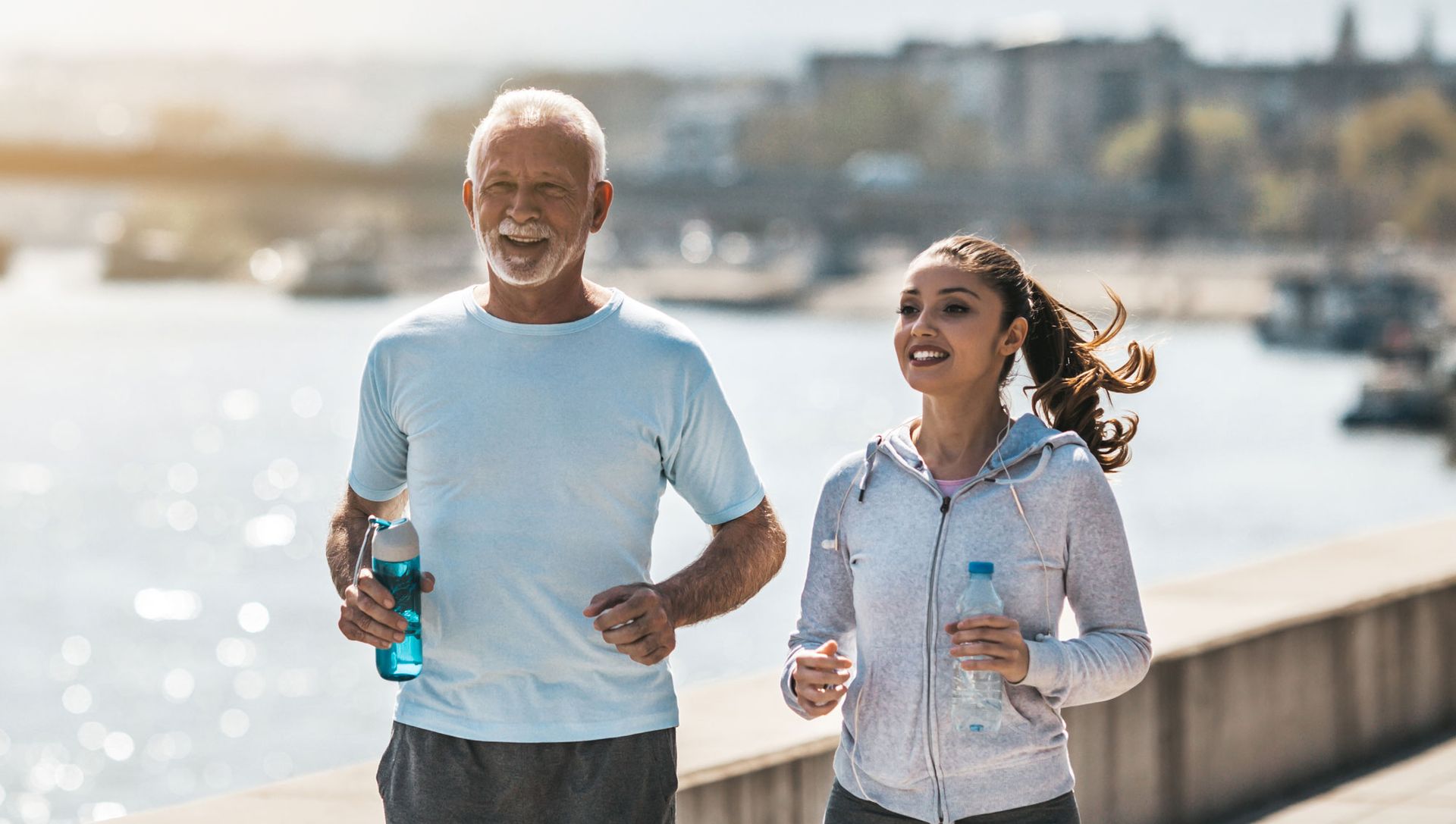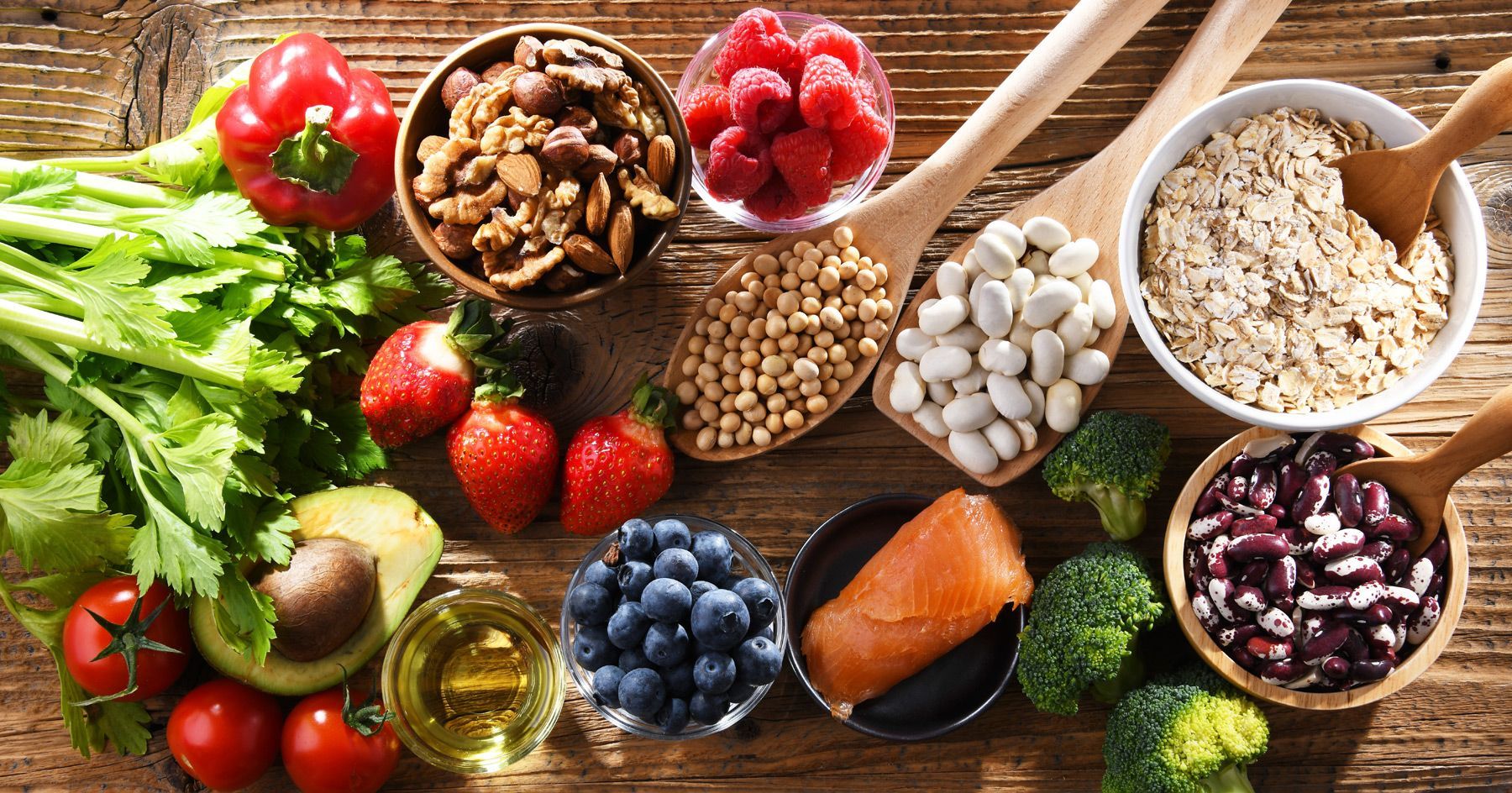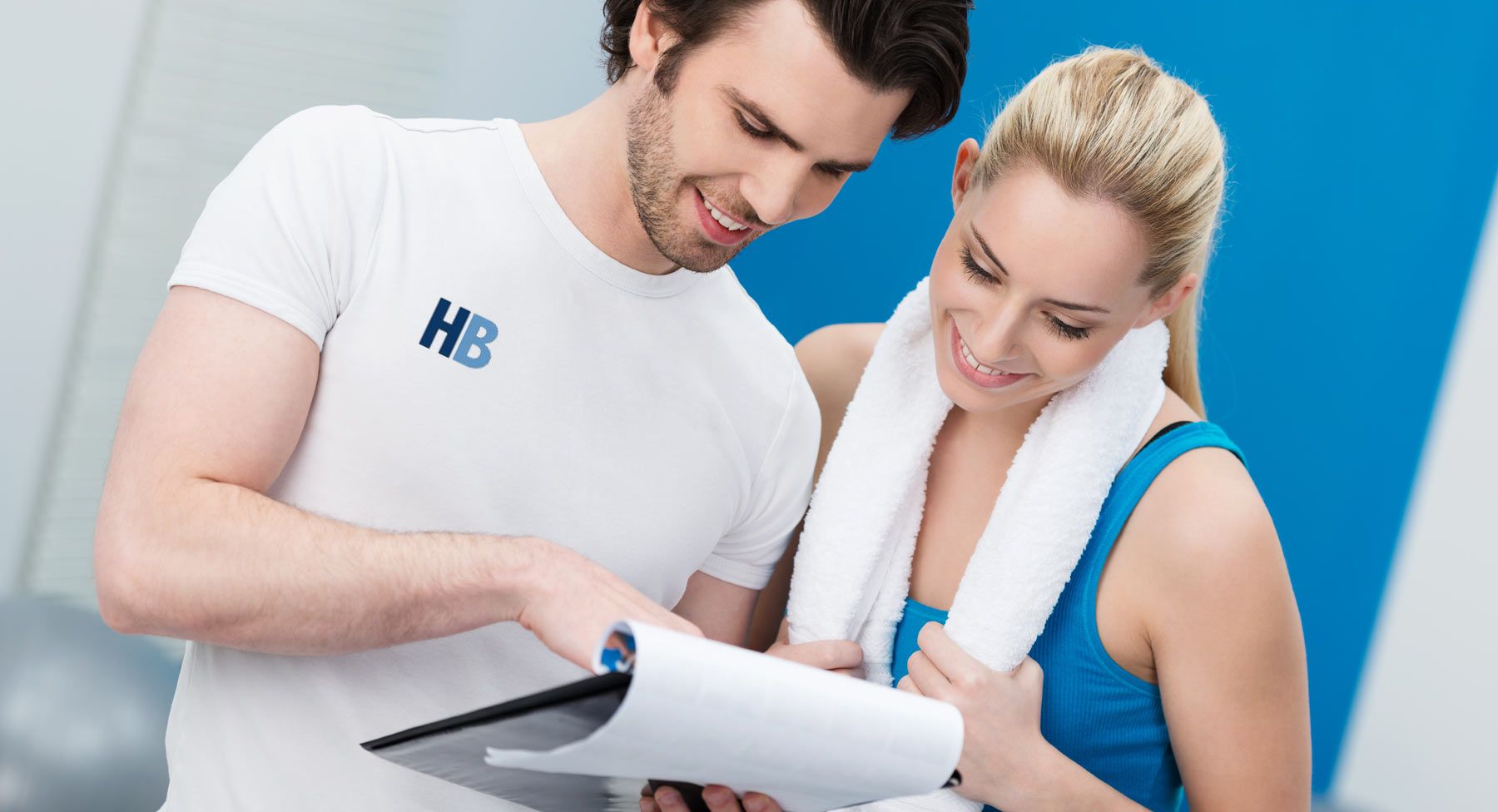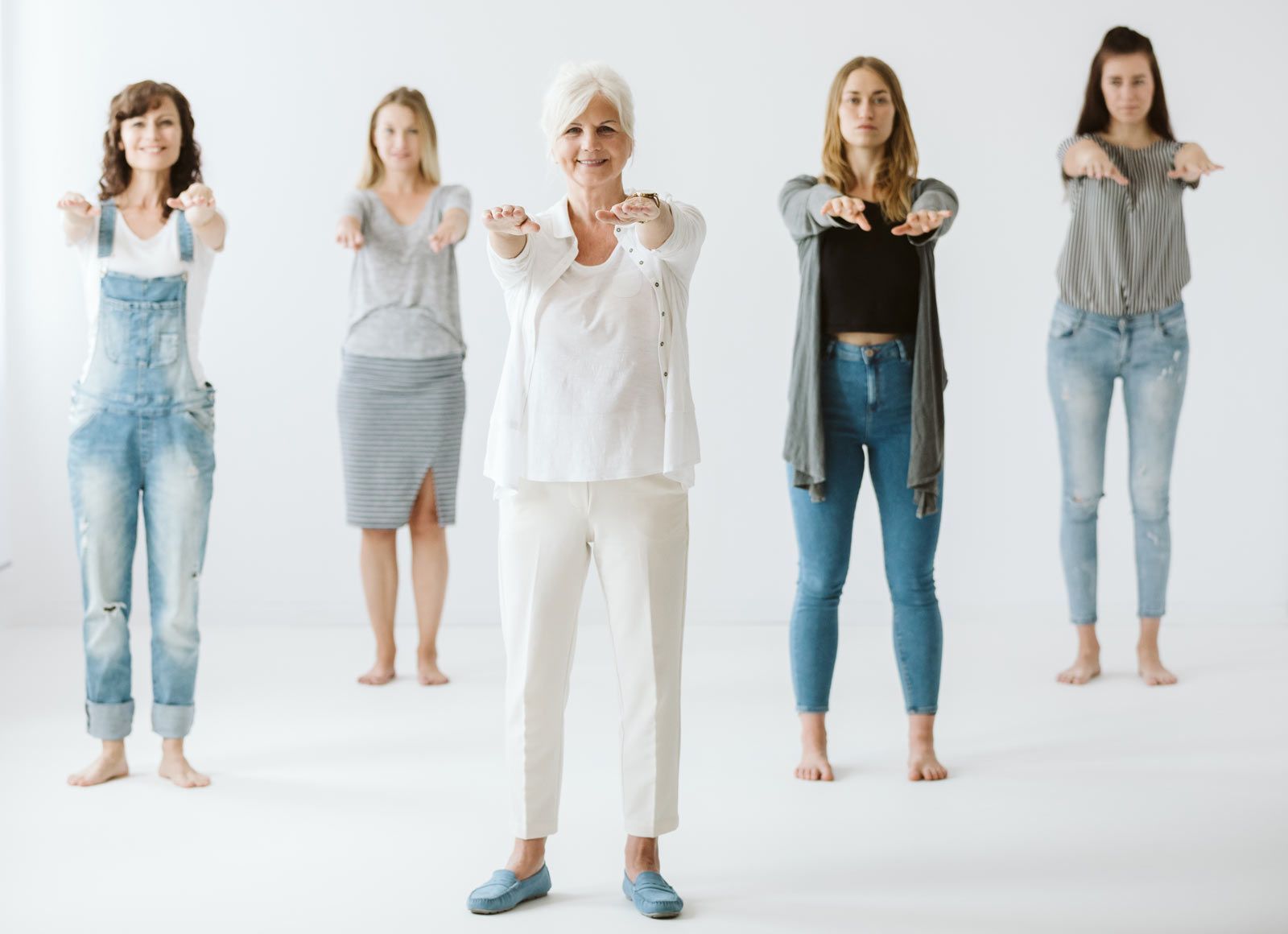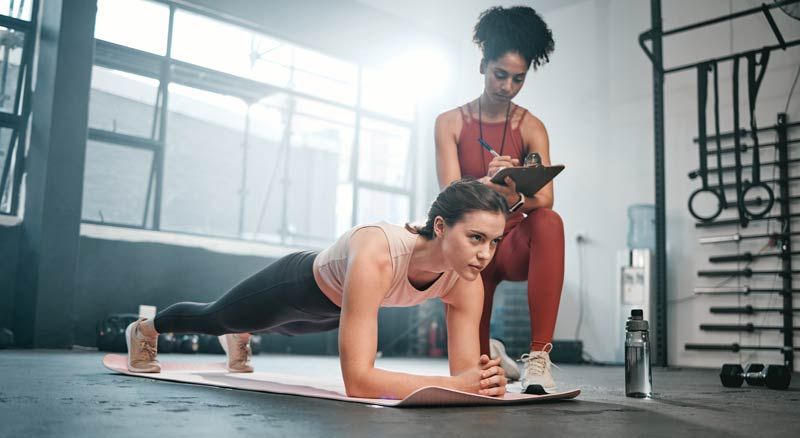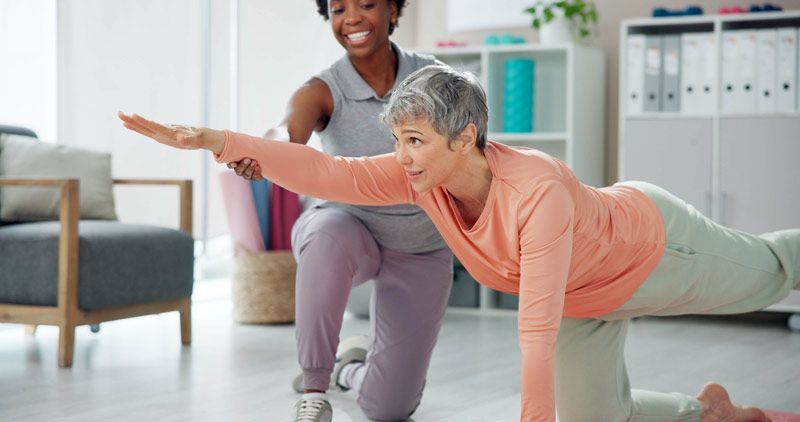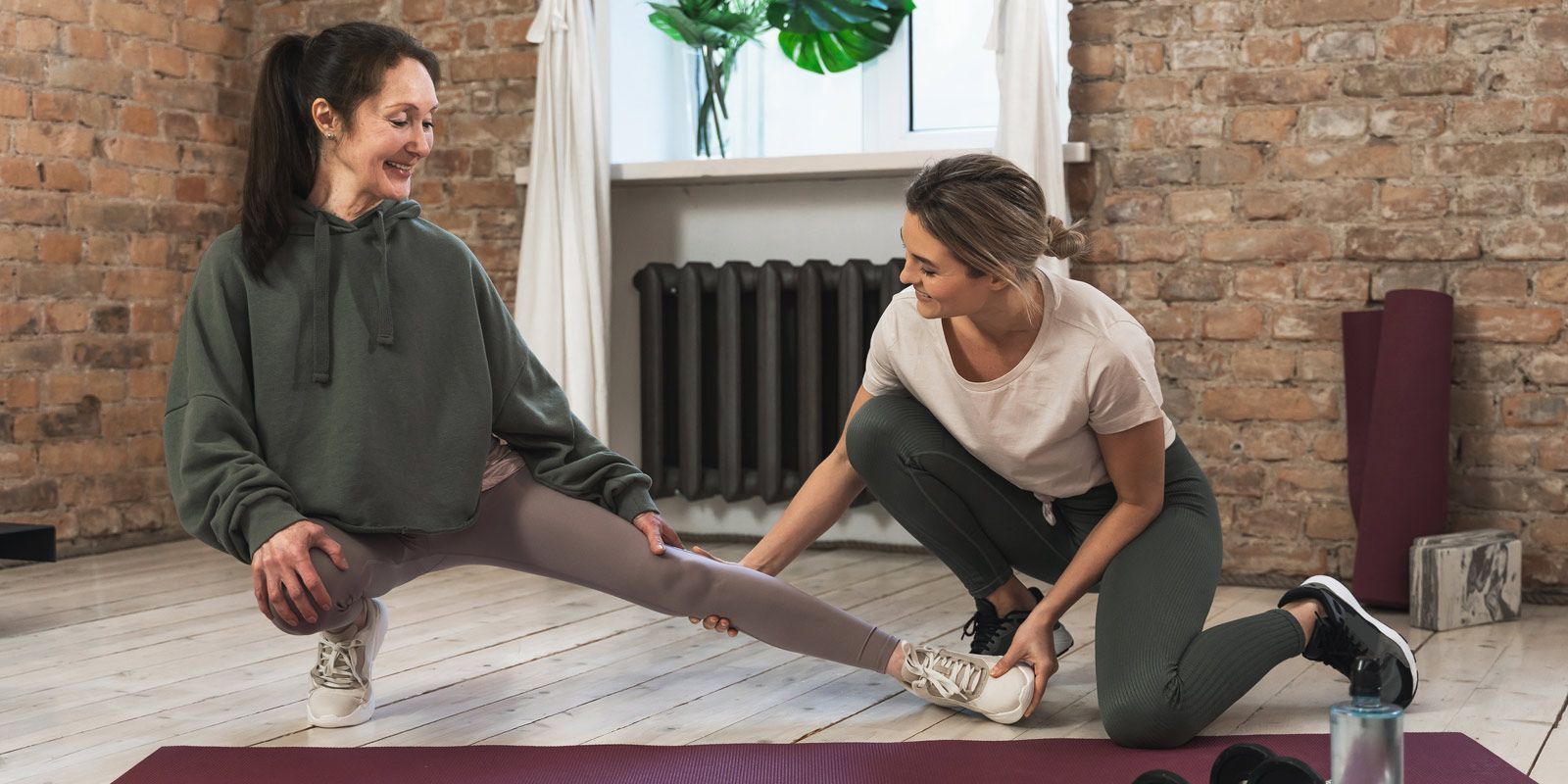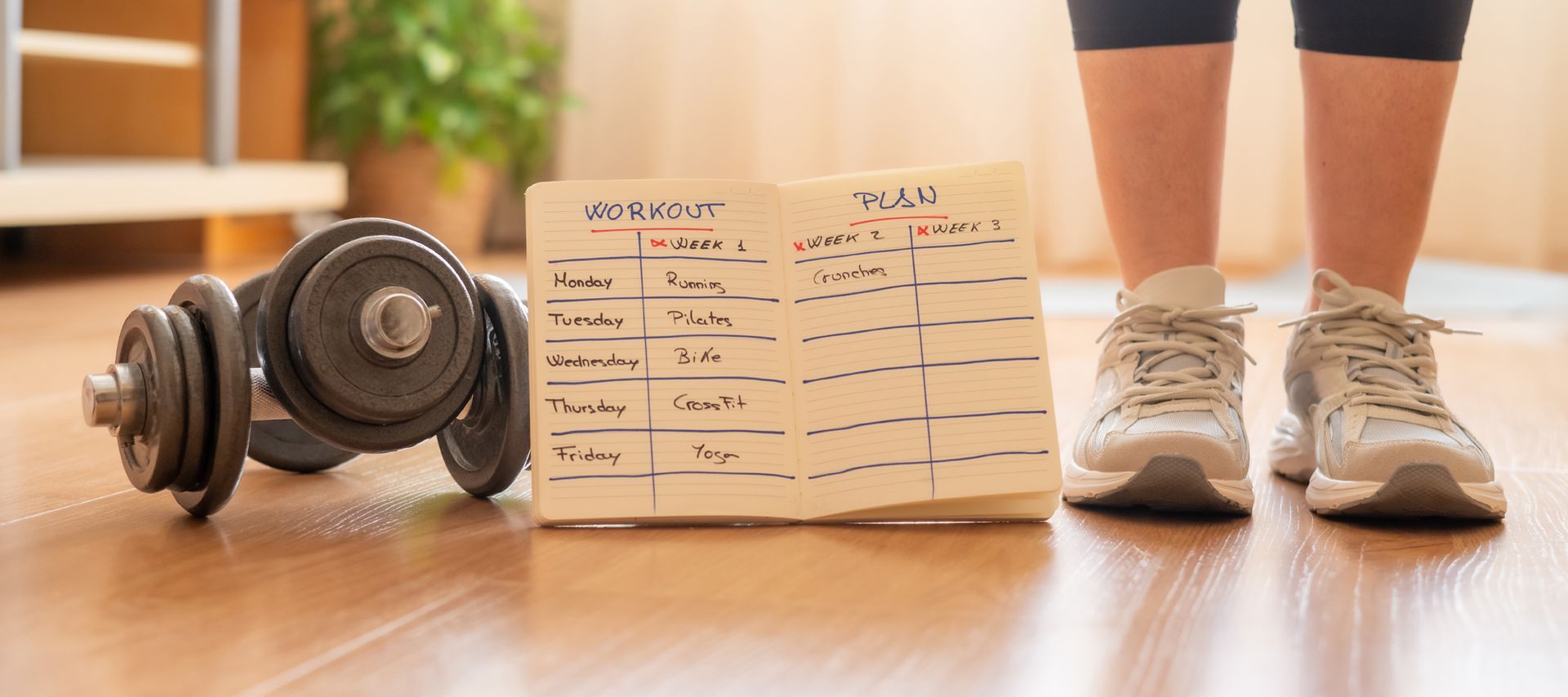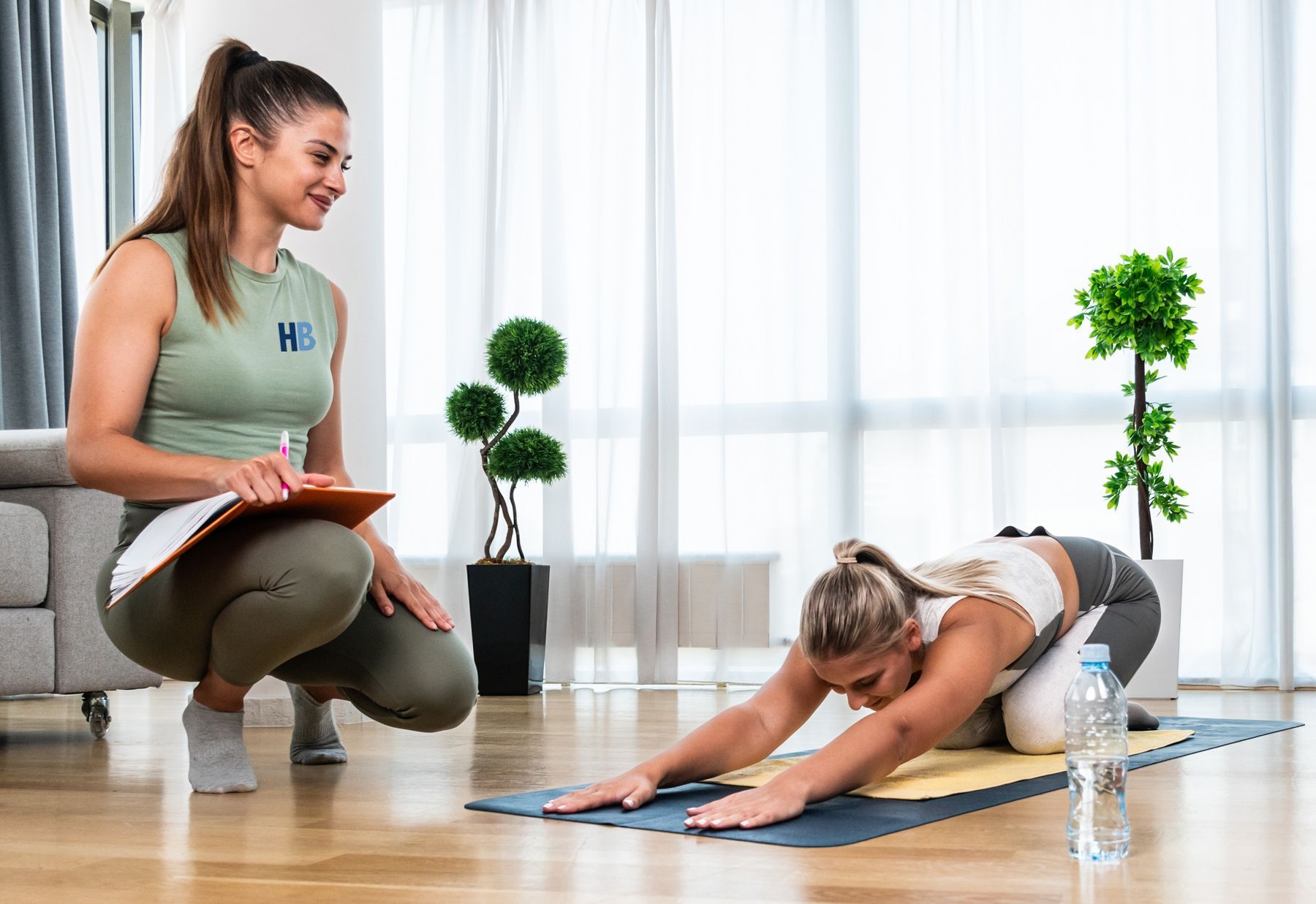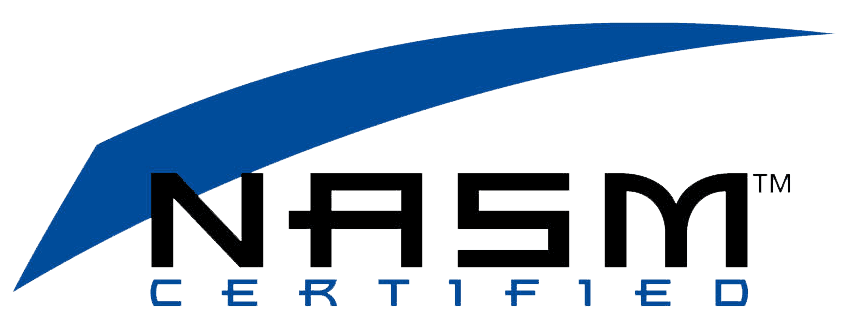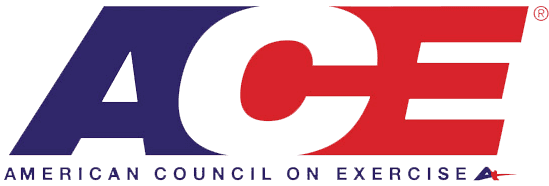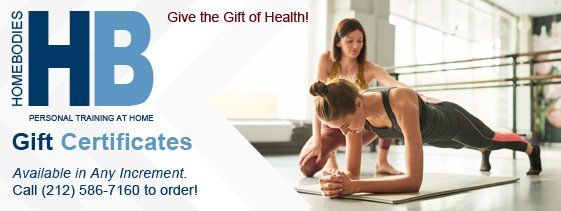Fitness Tips for Moms of Every Age Group
Mother's Day occurs this month, so it would be fun to discuss the importance of exercise and fitness throughout a Mom's life. Of course, exercise is important at all ages, but I think you'll find it interesting how regular exercise provides preventative health benefits as we age.
Pregnant Moms
Exercise during pregnancy is highly beneficial for the mother and the developing fetus. It can help pregnant mothers maintain a healthy weight, reduce the risk of gestational diabetes, decrease discomfort associated with pregnancy, and improve postural balance to cope with a changing body shape. Regular physical activity like walking, swimming, or prenatal yoga also promotes increased stamina and muscle strength, which can be advantageous during labor and delivery.
Furthermore, exercise enhances mood and sleep patterns while decreasing stress and anxiety levels, contributing to a healthier pregnancy and potentially smoother childbirth.
Post Natal Moms
Postnatal moms' exercise is important for physical and emotional recovery after childbirth. It helps restore muscle strength, particularly in the abdominal and pelvic areas, which are significantly impacted during pregnancy and delivery. Regular physical activity aids in weight loss, helping mothers return to their pre-pregnancy body weight more efficiently. It can also reduce the risk of postpartum depression by releasing endorphins that improve mood.
Moreover, exercise enhances cardiovascular fitness and increases the energy needed to care for a new baby. It is also an opportunity for social interaction and personal time, which can be valuable for emotional well-being. Postnatal exercise must be resumed gradually and with professional guidance to ensure it is safe and effective, considering each mother's recovery process.
Middle Aged Moms
Exercise for middle-aged mothers is incredibly important as it plays a crucial role in combating the natural decline in metabolic rate and muscle mass that occurs with aging. Regular physical activity helps maintain healthy body weight, reducing the risk of chronic diseases such as type 2 diabetes, heart disease, and osteoporosis, which become more prevalent during middle age. Strength training and weight-bearing exercises are valuable for improving bone density and muscle strength, consequently reducing the risk of falls and fractures.
Regular exercise also supports mental health, helping to alleviate symptoms of stress, anxiety, and depression, which can sometimes increase during the middle-aged years due to life changes and hormonal shifts. By investing time in a consistent exercise routine, middle-aged moms enhance their quality of life and set a powerful example of healthy living for their families.
Menopause Moms
For moms going through menopause, exercise is vital to managing the myriad of physiological and emotional changes that occur during this stage of life. Regular physical activity helps regulate hormonal imbalances, which can alleviate common menopausal symptoms such as hot flashes, night sweats, and mood swings. Weight-bearing and muscle-strengthening exercises are particularly important for bone health, as menopause can accelerate bone density loss, increasing the risk of osteoporosis.
Cardiovascular workouts support heart health, countering the increased risk of heart disease associated with decreased estrogen levels. Exercise also contributes to weight management, as many women experience weight gain during menopause due to a slower metabolism. Additionally, the endorphins released during exercise serve as a natural mood booster, which can help mitigate the incidence of depression and anxiety that some experience during menopause. Engaging in regular physical activity can empower menopausal moms with a sense of control over their health and well-being during this transitional phase.
Senior Moms
Exercise is crucial for senior moms in promoting longevity and an enhanced quality of life. As women age, they are prone to a range of age-related conditions such as osteoporosis, arthritis, and heart disease, and regular exercise is key in the prevention and management of these ailments. Low-impact, moderate-intensity activities like walking, swimming, or tai chi can dramatically improve cardiovascular health, flexibility, and balance, reducing the risk of falls and injuries.
Strength training is also beneficial in maintaining muscle mass and supporting metabolic function. Beyond physical health, exercise for senior moms serves as a cognitive shield, potentially delaying or mitigating the impacts of age-related cognitive decline. It can combat feelings of isolation by providing opportunities for socialization, which is pivotal in preserving mental health. Being active sets a foundation for independence in later life, allowing senior moms to engage more fully in activities they enjoy and in their interactions with family and loved ones.
Elderly Moms
Exercise is significant for elderly mothers, becoming a cornerstone for maintaining and improving their health and independence. Regular physical activity tailored to their abilities—such as brisk walking, gentle stretching, water aerobics, or balance exercises—can tremendously benefit their cardiovascular health, help manage blood pressure, and improve circulation. More importantly, as muscle strength and bone density typically diminish with age, appropriate exercise can slow this decline, thereby reducing the risk of falls and fractures, which are common concerns in the elderly population.
Physical activity also supports cognitive functions, potentially slowing the progression of age-related memory decline. Furthermore, exercise acts as a social catalyst, creating opportunities for elderly moms to interact with peers and fostering a sense of community and connection. Emotional well-being is equally enhanced, as exercise releases endorphins that can help combat feelings of depression and improve mood. By maintaining an active lifestyle, elderly moms can enjoy greater mobility and a higher quality of life, which is invaluable for them and their families.
This Month's Healthy Recipe
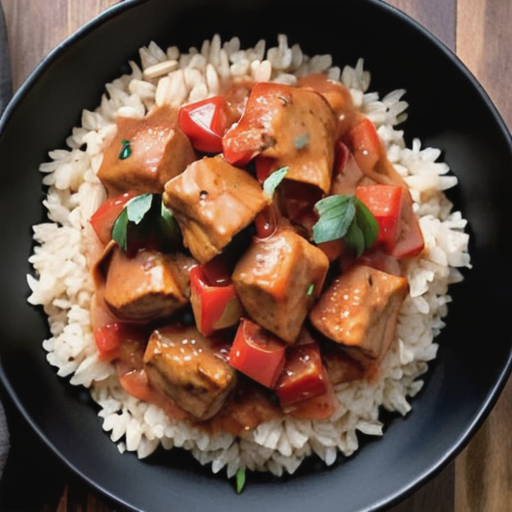
This healthy chicken tikka masala recipe is a delicious and nutritious option for a flavorful Indian-inspired meal. It's packed with protein, vitamins, and antioxidants, making it a perfect dish for women looking to maintain a balanced and healthy diet. Plus, it's easy to customize with your favorite vegetables and spices to suit your taste preferences. Enjoy!
Ingredients:
- 1 pound boneless, skinless chicken breasts, cut into bite-sized pieces
- 1 onion, diced
- 2 cloves garlic, minced
- 1-inch piece of fresh ginger, grated
- 1 red bell pepper, diced
- 1 cup chopped tomatoes
- 1 cup Greek yogurt
- 1 tablespoon olive oil
- 1 tablespoon garam masala
- 1 teaspoon ground turmeric
- 1 teaspoon ground cumin
- 1 teaspoon ground coriander
- 1/2 teaspoon paprika
- Salt and pepper to taste
- Fresh cilantro for garnish
Instructions:
- In a large bowl, mix together the Greek yogurt, olive oil, garam masala, turmeric, cumin, coriander, paprika, salt, and pepper. Add the chicken pieces and marinate for at least 30 minutes in the refrigerator.
- Heat a large skillet over medium heat. Add the marinated chicken pieces and cook until browned on all sides, about 5-7 minutes. Remove the chicken from the skillet and set aside.
- In the same skillet, add a bit more olive oil if needed. Add the diced onion, garlic, and ginger, and cook until the onion is soft and translucent, about 3-4 minutes.
- Add the diced red bell pepper and chopped tomatoes to the skillet. Cook for another 5 minutes until the vegetables are softened.
- Return the cooked chicken to the skillet and stir to combine with the vegetables. Cook for an additional 5-7 minutes until the chicken is cooked through.
Serve the chicken tikka masala over cooked brown rice or quinoa, and garnish with fresh cilantro.
